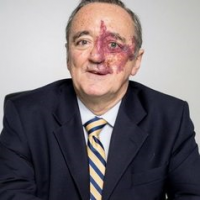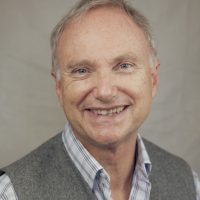Articles / New research gives hope in the fight against pancreatic cancer


writer
Professor and Researcher AXA-CNIO of Molecular Oncology, National Center of Oncological Research CNIO
Pancreatic ductal adenocarcinoma (PDAC), the most common form of pancreatic cancer, is the third most common cause of death from cancer in the United States and the fifth most common in the United Kingdom. Deaths from PDAC outnumber those from breast cancer despite the significant difference in incidence rates.
Late diagnosis and ineffective treatments are the most important reasons for these bleak statistics.
PDAC is an aggressive and difficult malignancy to treat. Until now, the only chance for cure is the complete surgical removing of the tumor. Unfortunately, because PDAC is usually asymptomatic, by the time it is diagnosed 80% to 90% of patients have disease that is surgically incurable. PDAC thus remains one of the main biomedical challenges today due to its low survival rate – just 5% of patients are still alive five years after diagnosis.
However, in recent decades a number of studies have shed light on the molecular mechanisms responsible for the initiation and progression of PDAC. Our recent research has shown that progress toward a cure is possible.

Postural Orthostatic Tachycardia Syndrome – What You Need to Know

Autism Assessment in the GP Setting

Obstructive Sleep Apnoea – Practical Updates

Asthma Cases

writer
Professor and Researcher AXA-CNIO of Molecular Oncology, National Center of Oncological Research CNIO



Very overestimated
Moderately/slightly overestimated
Quite accurate
Moderately/slightly underestimated
Very underestimated
Listen to expert interviews.
Click to open in a new tab
Browse the latest articles from Healthed.
Once you confirm you’ve read this article you can complete a Patient Case Review to earn 0.5 hours CPD in the Reviewing Performance (RP) category.
Select ‘Confirm & learn‘ when you have read this article in its entirety and you will be taken to begin your Patient Case Review.






